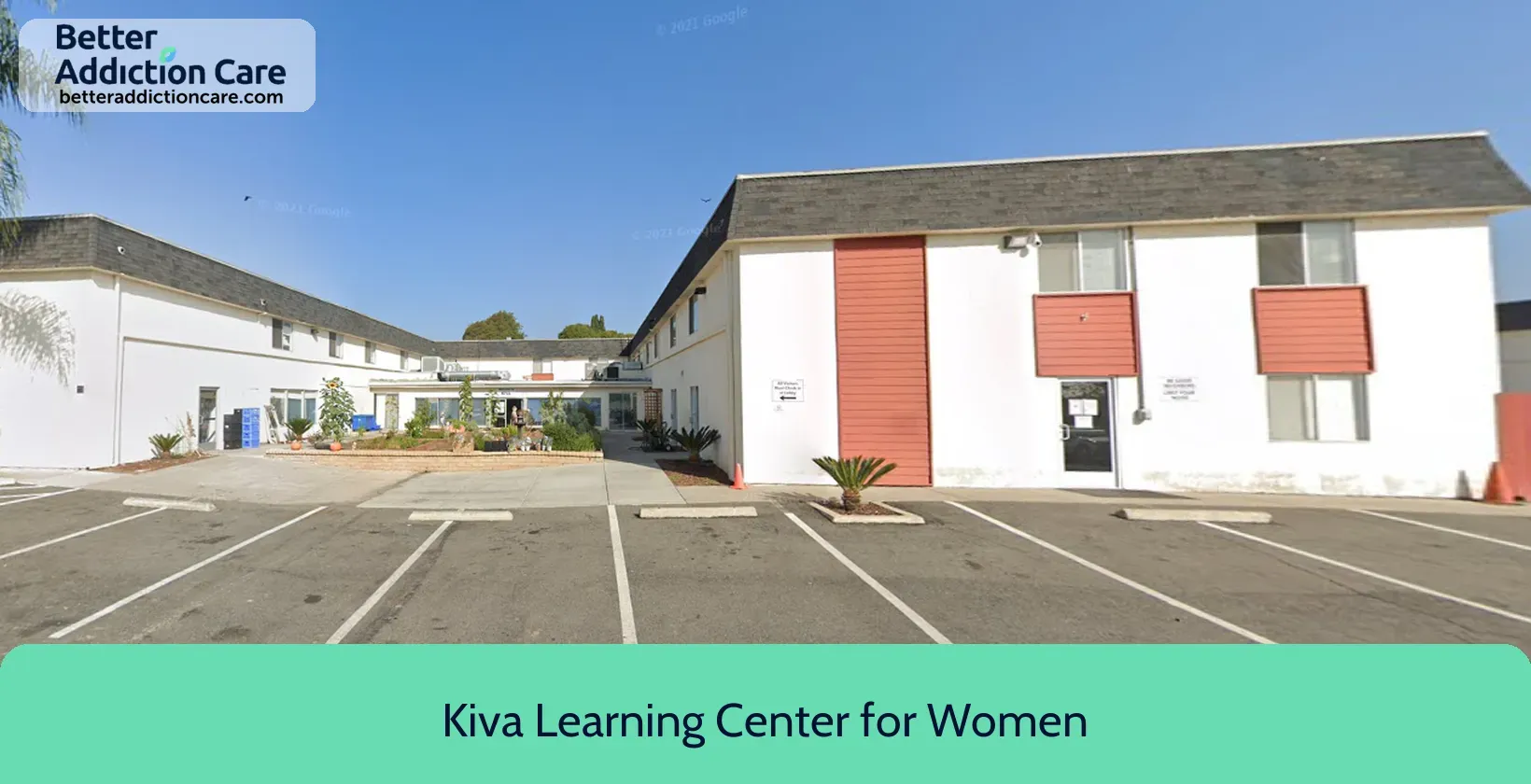Kiva Learning Center for Women and Children & New Connections
Overview
The McAlister Institute’s Kiva Learning Center for Women and Children and New Connections are comprehensive addiction recovery programs located in Lemon Grove, California. These programs cater to women, women with children, and justice-involved adults, offering a full spectrum of services including dual diagnosis care, medically supervised detox, inpatient, outpatient, and aftercare services. Both centers are dedicated to providing personalized, trauma-informed care with a focus on the 12-step recovery model.
The McAlister Institute provides medically supervised detox to ensure the safety and comfort of clients undergoing substance withdrawal. Licensed clinical staff may prescribe FDA-approved medications to alleviate withdrawal symptoms and prevent potentially life-threatening complications, ensuring a stable start to the recovery journey.
The Kiva Learning Center for Women and Children is a long-term residential treatment facility specifically designed for women, including those who are postpartum or have children. The program integrates individual, group, and family counseling with life skills training in areas such as coping, parenting, self-care, and relapse prevention. This holistic approach aims to promote sustained sobriety and equip clients with the tools needed for long-term recovery.
New Connections offers a short-term residential treatment program for parolees, ex-offenders, and other justice-involved individuals. This program focuses on individual, group, and family counseling, alongside community reintegration and life skills training, including vocational training. The goal is to facilitate successful reintegration into society and reduce the likelihood of recidivism.
The McAlister Institute’s outpatient programs are designed to provide continued support through robust counseling, coaching, and life skills development. These programs offer flexible scheduling, including evening, night, and weekend sessions, to ensure that clients have continuous access to care and support as they navigate their recovery.
To support long-term sobriety, the McAlister Institute offers substantive aftercare services. These include alumni programs, peer coaching, access to community-based programming, and referrals to social services, helping clients maintain their recovery and continue building healthy, productive lives.
Both the Kiva Learning Center for Women and Children and New Connections are accredited by the Substance Abuse and Mental Health Services Administration (SAMHSA). They accept private insurance and self-pay options, offering sliding scale payment plans to make treatment accessible to those in need. This commitment to comprehensive, compassionate care underscores the McAlister Institute’s dedication to supporting individuals on their path to recovery.
Kiva Learning Center for Women and Children & New Connections at a Glance
Payment Options
- Cash or self-payment
- Sliding fee scale (fee is based on income and other factors)
Assessments
- Comprehensive mental health assessment
- Comprehensive substance use assessment
Age Groups
- Adults
- Young adults
Operation
- Private non-profit organization
Highlights About Kiva Learning Center for Women and Children & New Connections
6.77/10
With an overall rating of 6.77/10, this facility has following balanced range of services. Alcohol Rehabilitation: 8.00/10, Drug Rehab and Detox: 6.00/10, Insurance and Payments: 6.00/10, Treatment Options: 7.09/10.-
Alcohol Rehabilitation 8.00
-
Treatment Options 7.09
-
Drug Rehab and Detox 6.00
-
Insurance and Payments 6.00
Accreditations
SAMHSA certification for opioid treatment program (OTP):
SAMHSA's Opioid Treatment Programs (OTP) accreditation is a prestigious recognition that signifies a program's compliance with stringent standards and guidelines established by the Substance Abuse and Mental Health Services Administration (SAMHSA). This accreditation demonstrates an OTP's commitment to providing high-quality, evidence-based care for individuals struggling with opioid use disorder (OUD). It serves as a trusted symbol of accountability and excellence, assuring patients, families, and communities that the OTP offers safe, effective, and comprehensive treatment options for OUD.
State department of health:

Government agencies issue State Licenses, which grant rehabilitation organizations permission to conduct their operations lawfully within specific geographic regions. Licenses needed to operate are typically determined by the type of rehabilitation program offered by the facility and its physical location.
Treatment At Kiva Learning Center for Women and Children & New Connections
Treatment Conditions
- Mental health treatment
- Alcoholism
- Opioid Addiction
- Substance use treatment
- Co-occurring Disorders
Care Levels
- Detoxification
- Outpatient
- Hospital inpatient treatment
- Hospital inpatient detoxification
- Hospital inpatient/24-hour hospital inpatient
Treatment Modalities
- 12-step facilitation
- Individual psychotherapy
- Group counseling
- Life Skills
- Trauma-related counseling
Ancillary Services
Languages
- Spanish
Special Programs
- Pregnant/postpartum women
- Clients who have experienced trauma
Contact Information
Read our Most Recent Article About Drug Addiction
DISCLAIMER: The facility name, logo and brand are the property and registered trademarks of Kiva Learning Center for Women and Children & New Connections, and are being used for identification and informational purposes only. Use of these names, logos and brands shall not imply endorsement. BetterAddictionCare.com is not affiliated with or sponsored by Kiva Learning Center for Women and Children & New Connections.









